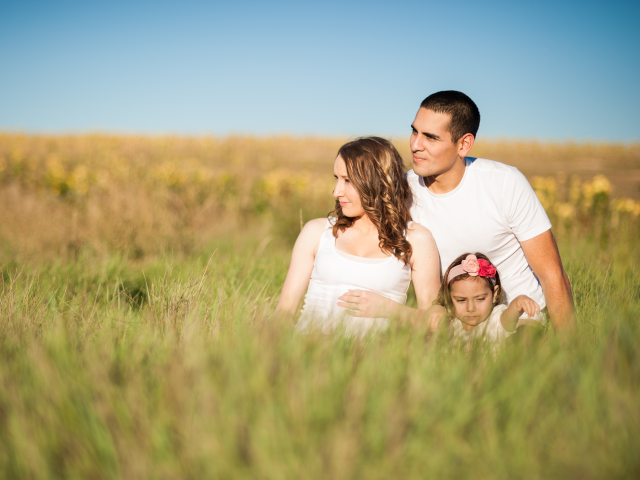
Berne, like many others studying human behaviour at the time, suggests that a childlike stance is more likely to occur in a person’s third or fourth decade of life, after the skills to ensure survival have been fully developed.
By then, you have learned from experience that your subconscious mind will take care of many operations: practicing social niceties are now a matter of habit and you know you’re socially safe. You can now enjoy special moments in life without inhibition or fear.
To maintain the autonomous state, however, requires constant vigilance as you move away from the programmed script that influenced your past behaviour patterns.
If we lived in Utopia, we wouldn’t have to learn social survival skills, but we don’t...
Read More


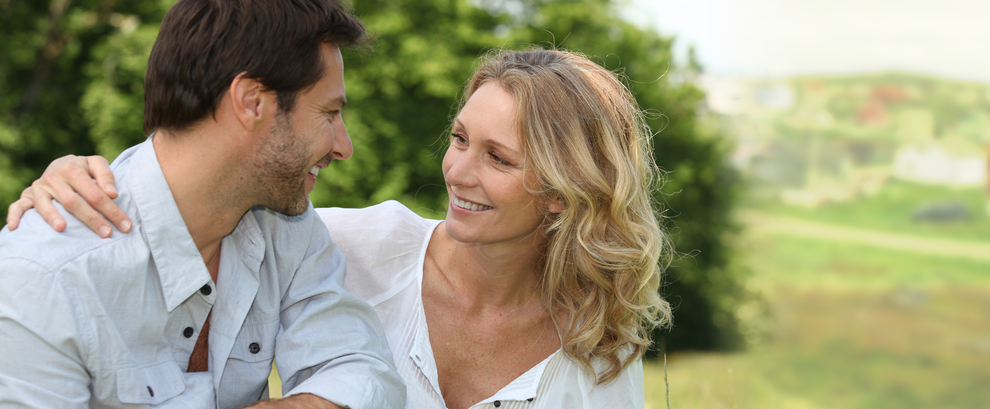





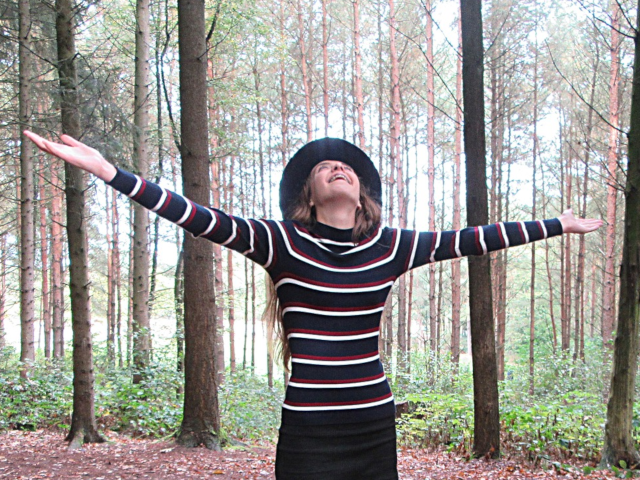

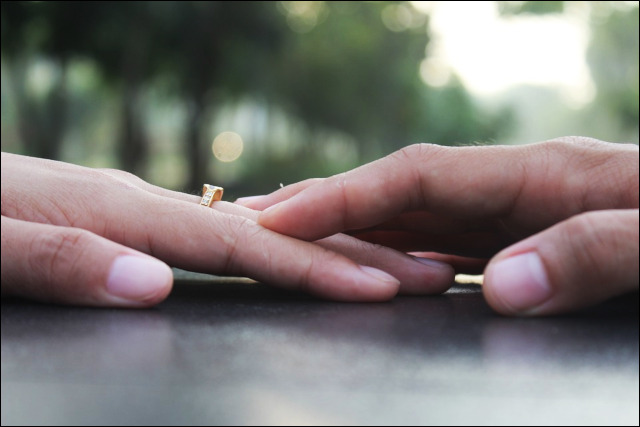


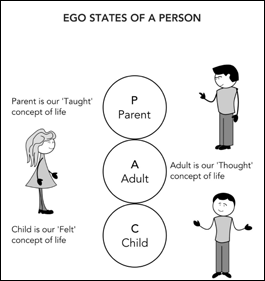 Many years ago, people believed that a healthy relationship looked like this: two complementary halves making a whole. Now we understand that a relationship that looks like this is far from complementary and where generally one person in the couple dominates the other.
Many years ago, people believed that a healthy relationship looked like this: two complementary halves making a whole. Now we understand that a relationship that looks like this is far from complementary and where generally one person in the couple dominates the other.
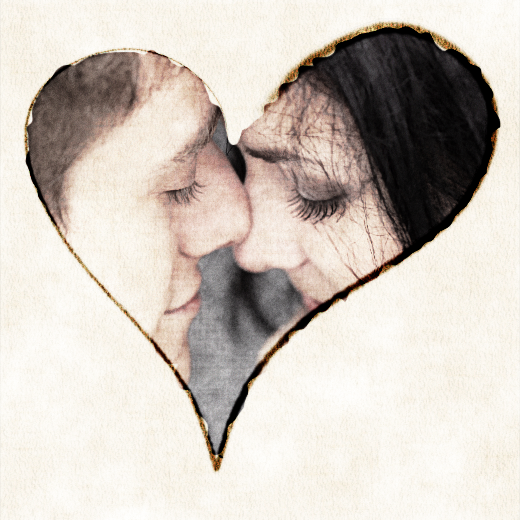 Some people say that forgiveness means giving up all hope for a better past. Ironically, the future and the present are caused by the past, and thereby the past becomes our future and the present defines our past. And the causes and the effects mix to such a level that it is hard to even understand where it all started in the first place and where it will lead.
Some people say that forgiveness means giving up all hope for a better past. Ironically, the future and the present are caused by the past, and thereby the past becomes our future and the present defines our past. And the causes and the effects mix to such a level that it is hard to even understand where it all started in the first place and where it will lead.